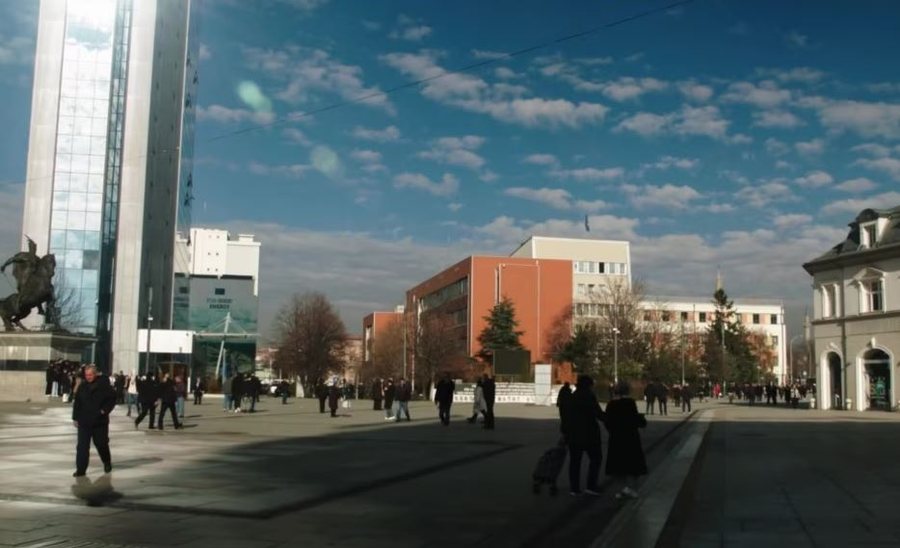
The fact-checking platform "Hybrid" claims that since the start of the campaign for the February 9 parliamentary elections in Kosovo, it has recorded around ten news items with inaccurate content related to this campaign every week.
Festim Rizanaj from this platform told Voice of America that the sources of this content are also internal but dominated by foreigners, mainly coming from Serbia and Russia.
"Which have created several narratives regarding the elections, the main one being a call to vote for the Serbian List because this entity represents Serbia in Kosovo and not other entities that they consider close to the current government. The other part is that (Prime Minister Albin) Kurti will manipulate the elections in a way that damages the Serbian List and in some form carries out an ethnic cleansing of Serbs in Kosovo because it is needed and suits Kurti," he said.
The Director of the Institute for Hybrid Warfare Studies "Octopus", Arben Fetoshi, said that the right to free elections as a pillar of democracy is now more threatened than ever by the increasingly complex and sophisticated interventions of autocracies.
He made these comments during a discussion organized by this institute on foreign interference in elections and their impact on the country's security and democracy.
"Due to the specific context of the approval of the state of Kosovo by the democratic world, Serbia has crouched in the authoritarian Russian and Chinese world to continue its expansionist policy. Its hybrid war against Kosovo, which can be defined as political, economic and security intervention, includes combined activities that undermine the democratic order and its international consolidation. It has always considered influencing electoral processes, whether local or parliamentary, as a good opportunity for sabotage," he said.
Participants in this debate said that on the eve of new parliamentary elections, in a period of complex geopolitical developments, Kosovo should be more engaged in drafting strategies to confront external influence but also in awareness-raising campaigns about disinformation.
"Foreign influence in the Western Balkans region through disinformation, economic benefits and support for anti-Western networks, aims to destabilize countries like Kosovo and hinder their Euro-Atlantic aspirations. In the case of Kosovo, these challenges manifest themselves in the form of disinformation campaigns, geopolitical pressure, infrastructural vulnerabilities such as attacks on the country's critical infrastructure such as the recent one in Zubin Potok, which demonstrates the need for increased protection measures," said Finnish Ambassador to Kosovo, Matti Nissinen.
"Kosovo has a serious problem and challenge in addressing disinformation and we do not see that there is a strategic plan to address this issue. The first intervention that should be made is in the development of programs that encourage critical thinking among Kosovo citizens. Unfortunately, Kosovo's educational curriculum does not develop students' ability to have critical thinking. Unfortunately, there is no national plan that would address the development of critical thinking from the basic level, i.e. kindergarten, to the most advanced academic level and to the government level," said Kreshnik Gashi, an investigative journalist.
The participants assessed that among the necessary steps to prevent these phenomena is the introduction of media education in pre-university education as well as the deepening of regional cooperation in the Western Balkans to address the common challenges brought about by disinformation and malicious foreign influence./ VOA (A2 Televizion)











